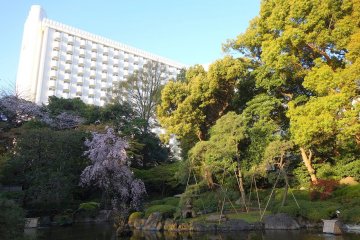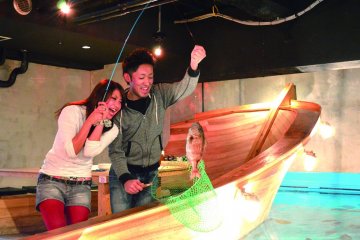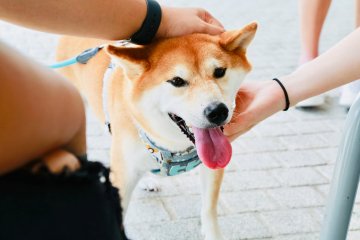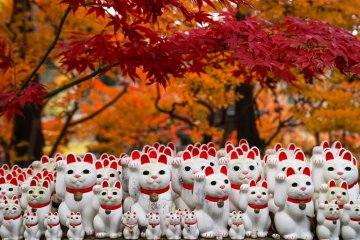夜生活
Since its opening in 2000 in the heart of Shibuya—Tokyo’s epicenter of youth culture, fashion, and music—WOMB has established itself as one of the most influential electronic music clubs in the world. Far more than just a nightlife venue, WOMB is a driving force behind Japan’s thriving club scene and a cultural landmark that bridges local talent with the global electronic music community.
WOMB’s mission is clear: to deliver the freshest, most cutting-edge electronic music to fans in Tokyo and beyond. It regularly features international headliners while also championing the emerging sounds of Tokyo’s underground. The club’s main floor is renowned for its world-class sound system, immersive lighting, and striking laser visuals, offering a sensory-rich experience that rivals top clubs in cities like Berlin, London, and New York.
But WOMB is more than just its main stage. The club features three additional sub-floors, each with its own identity and vibe, offering a wide range of electronic subgenres and giving up-and-coming Tokyo DJs and producers a platform to shine. This variety makes WOMB not only a destination for established names, but also a vital launchpad for local artists aspiring to gain international recognition.
The club’s influence doesn’t stop at Tokyo’s borders. Through its global series, WOMB TOKYO NIGHT, the venue exports the energy and style of Tokyo nightlife to legendary venues around the world, including Fabric in London and Space Ibiza in Spain. These international events have helped position WOMB as a global ambassador for Japan’s club culture, attracting a loyal following of electronic music fans across continents.
WOMB’s global reputation is further cemented by its accolades in Mixmag, the renowned UK music magazine. It was ranked the #2 nightclub in the world in 2005, #5 in 2008, and #4 in 2009—recognition that reflects its consistent innovation and influence in the global scene.
Today, WOMB stands not only as a pillar of Tokyo’s nightlife, but as a cultural icon that blends the international with the local. It is a place where music, technology, and creative energy converge—a must-visit destination for any music lover seeking the true pulse of Tokyo’s dynamic electronic music landscape.
东京
距离3.1千米
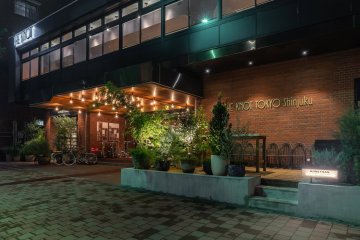


/139.667531,35.6412539,9/397x132?access_token=pk.eyJ1IjoiamFwYW50cmF2ZWxtYXBzIiwiYSI6ImNqbXBtOXYxbDB5Z3ozbHFrazJuYWMwOGYifQ.v15fy_mcFWtgopmz8PhwqA)
